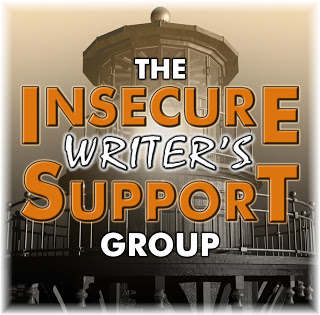In case you haven't heard yet, the lovely
Cecilia Robert and I have revealed our surprise blogfest:
MORE THAN JUST A KISS. Sign up and share with us a kissing scene. Along with two marvelous guest judges -
Kyra Lennon and
Laurelin Paige - we'll be judging the scenes and picking three to win. We will then critique a kissing scene from your latest WIP.
No one does a critique the same way. There are those that pick up on details that others do not, and critics that manage to find plot holes where everything seemed tied together so nicely. Some have a system and order to their critique, and others just dive right in with everything. This is why it's important to have more than one critique partner.
I've learned a lot from my critique partners and from critiquing other writers' stories. I have a system of sorts. I always read it first as a reader. Just for the pure enjoyment of the tale. That way I won't get distracted by the story as I'm critiquing.
The first thing I keep in mind when I'm starting a critique is the specific genre. All romances must have the relationship central to the plot. I'm going to use various sub-genres of romance as examples:
Paranormal romance - must have elements of the paranormal central to the plot
Romantic suspense - the mystery must drive the plot along with the romance
Historical romance - the accuracy of the historical setting and how it affects the romance
Contemporary romance - the romance and how it's affected by the other modern issues the author weaves into the plot
The genre identifies your target audience. You don't need to stick to a specific formula, but if the story is lacking in the key elements of its intended genre, it will fail. If I'm critiquing a romantic suspense, and the mystery limps along as a subplot, I'm going to suggest ways to bring it to the forefront, make it stronger, and integrate it into the central plot. In another manuscript, the mystery of how the hero traveled back in time might not be as important as what's happening in the time period he did end up in, and I won't suggest spending time on something that's mysterious yet not integral to the central plot.
Over the next month, I'll be talking about various parts of my critiquing process. Please feel free to tell us how you go about critiquing in the comment section below. I'd love to hear if you have any tips or tricks!
How do you begin the critiquing process?



